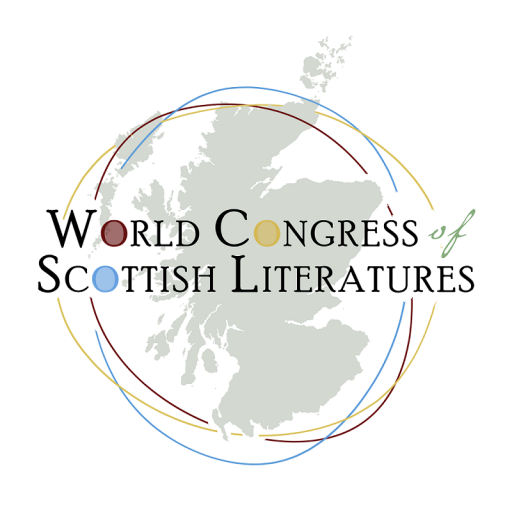(Re-)Imagining the Normanist/Waipu community: Religion, gender and racial hierarchies
This paper explores representations of diasporic identities in one particular group of Scottish colonial settlers and their descendants. This community goes back to a 19th-century Calvinist splinter group known as ‘Normanists’ whose migrations spanned Britain, Canada, Australia and New Zealand, where they are also known as ‘the Waipu community’. Although they later rejoined the mainstream Church, their particular religious and migration history has resulted in an ongoing sense of distinctness which partly survives until today and has given rise to a plethora of texts, both fictional and non-fictional, that investigate this group’s identity (mostly in English, although the first generations were largely Gaelic-speaking). The community is (somewhat uneasily) constructed in relation to (and between) different locations: partly as its own small mini-diaspora, partly in relation to the wider Scottish diaspora, and partly in relation to its new locations of settlement and the post-colonial nation states that later emerged there. Sample texts to be considered include writings by first-generation migrants, their descendants, and outsiders. The discussion will focus on three central, but also highly contested, sites of Normanist/Waipu historical memory: religion and morality, gender, and interactions with the (post-)colonies’ indigenous populations.
Silke Stroh, University of Münster, Germany
